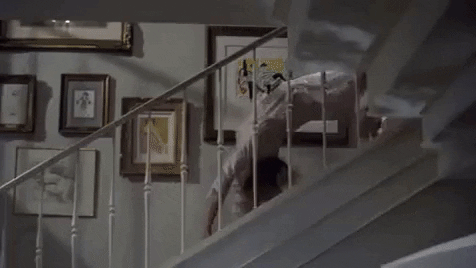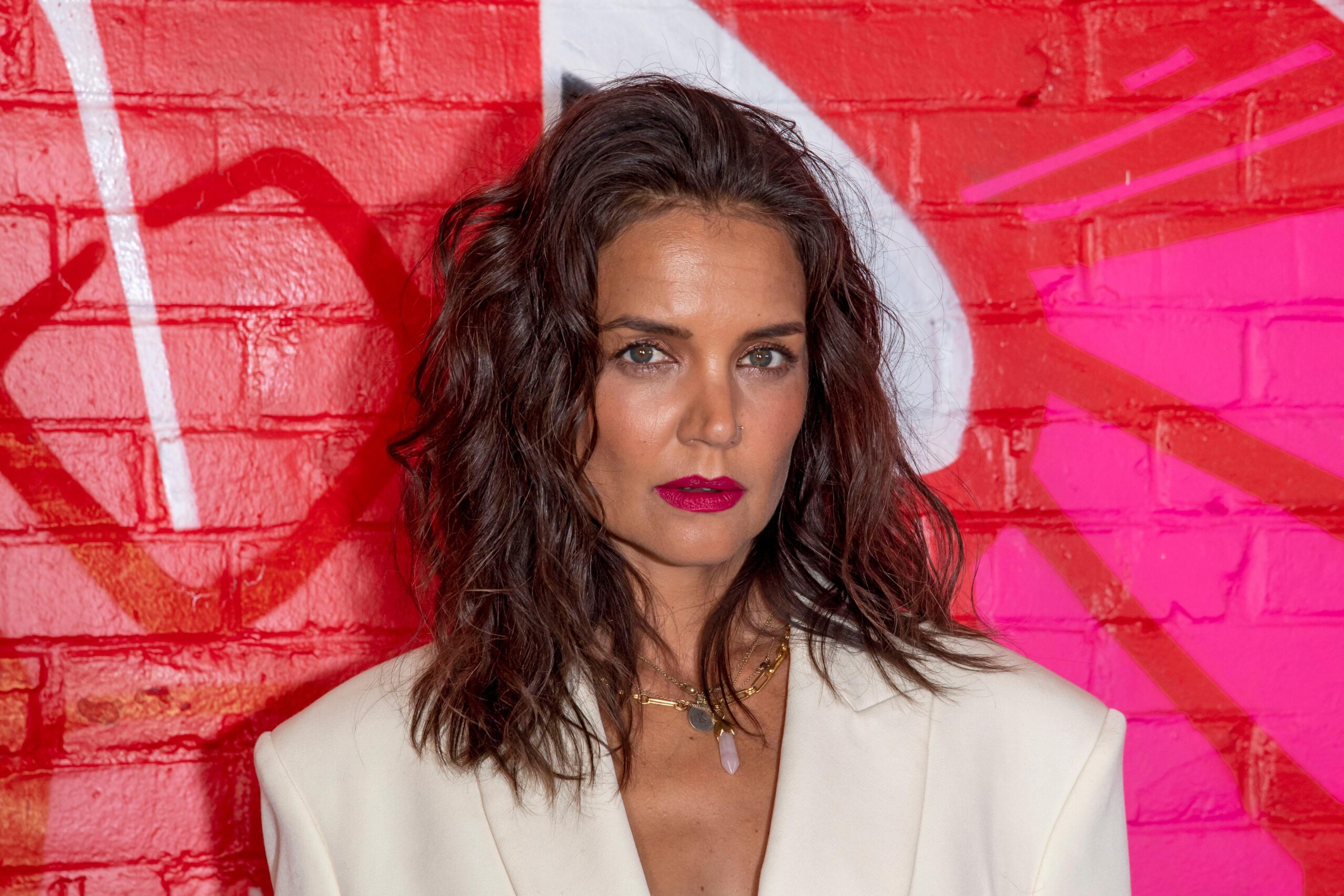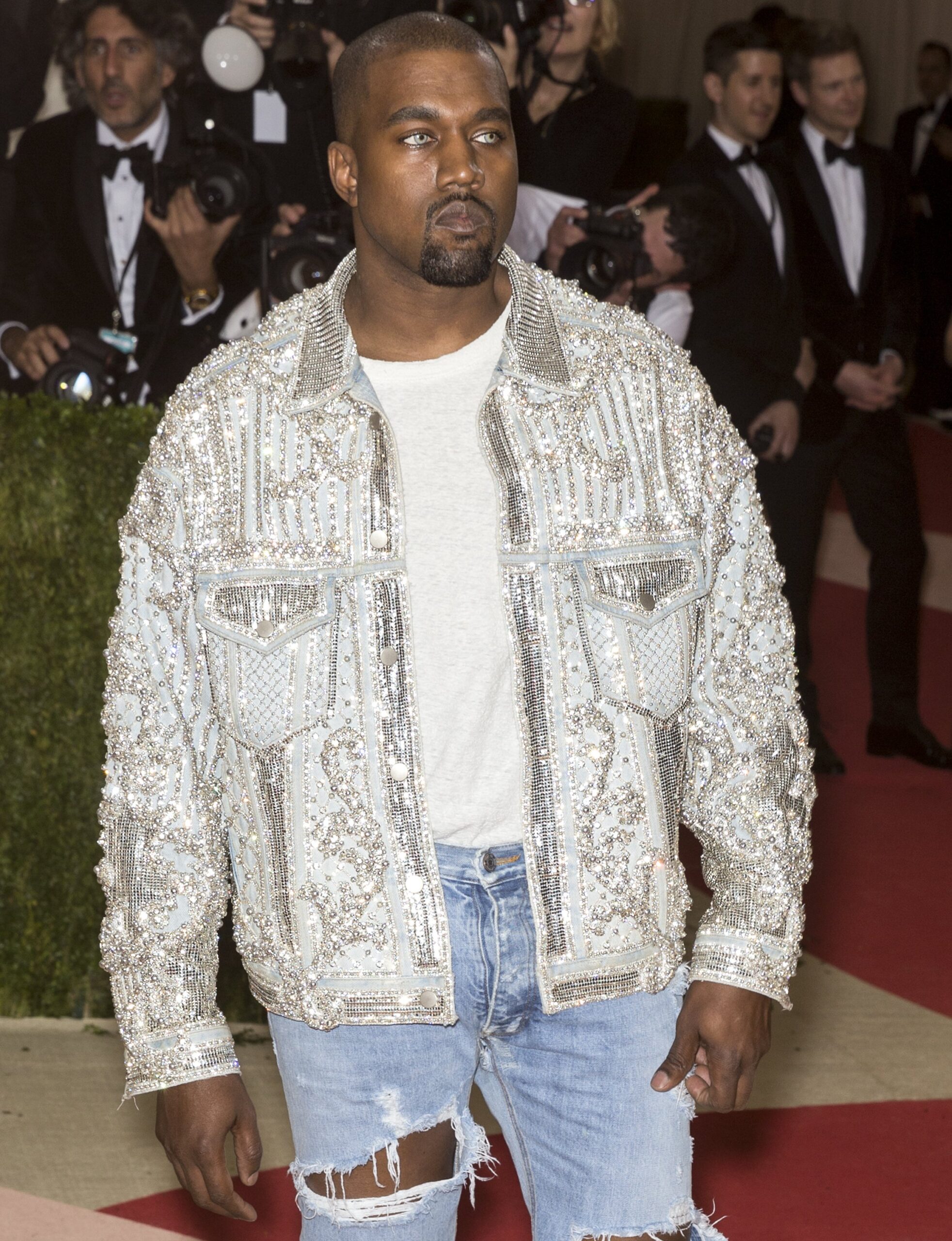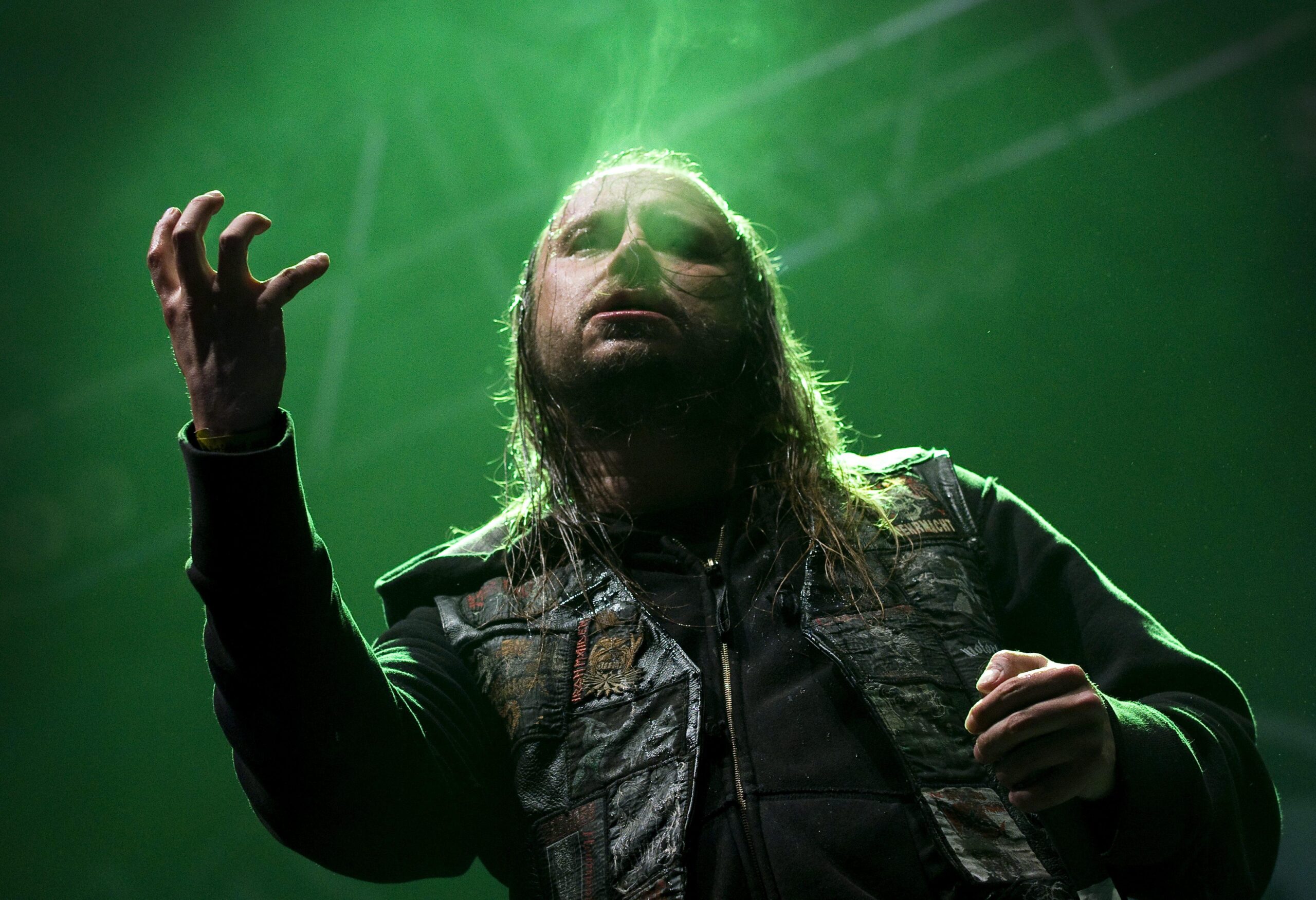CULTURE
The Case of Natalia “Ukrainian Orphan” Grace Shows What’s Wrong with Horror Movies
08 Nov, 19
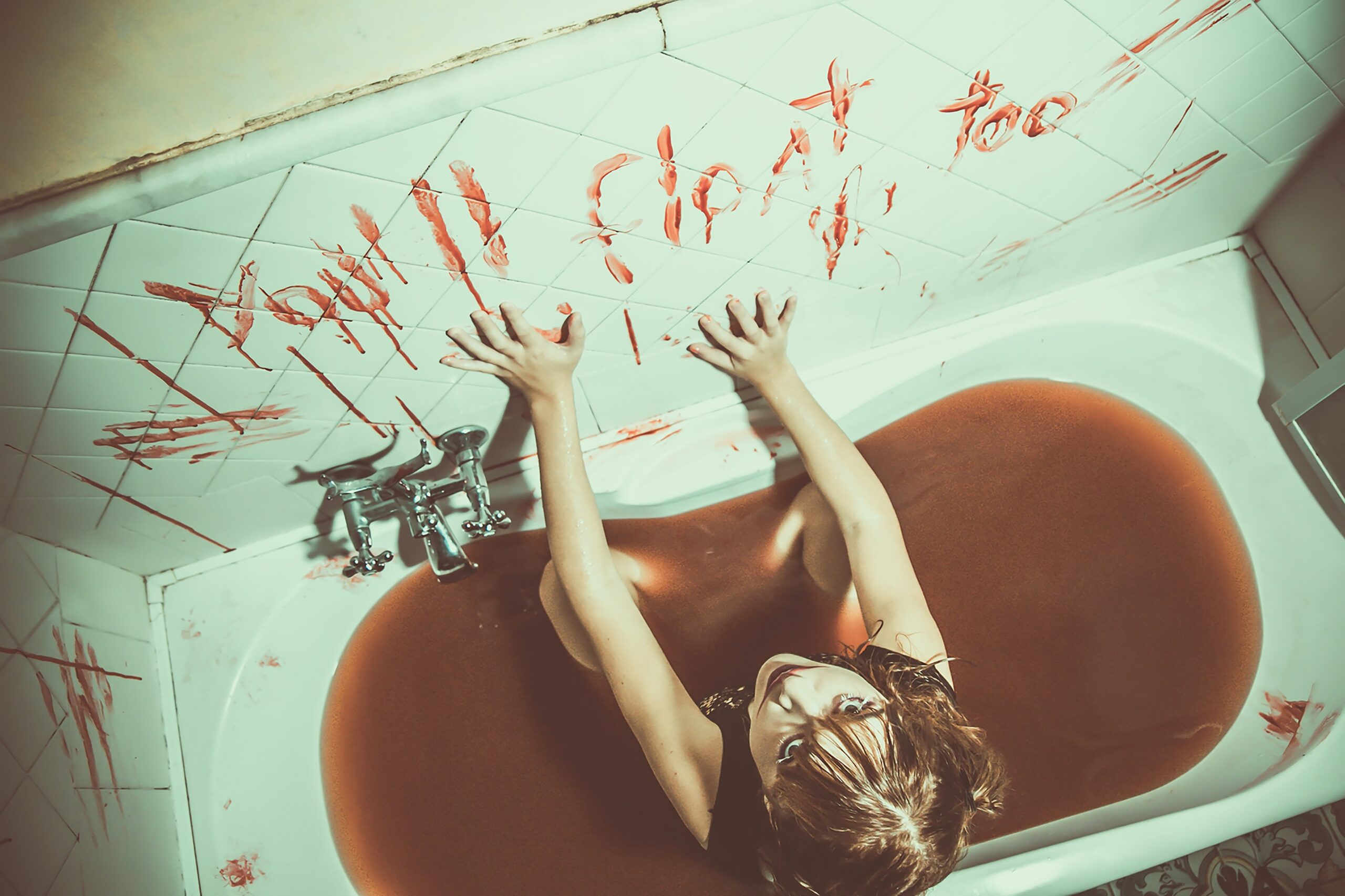
In a rare moment of unity, the Internet has enjoyed a collective “WTF” moment watching the case of Natalia Grace unfold.
Most recently, Dr. Phil interviewed the Ukrainian-born orphan who’s been accused of masquerading as a child in order to be adopted by an all-American and “unsuspecting Christian couple“—before allegedly attempting to murder them. As the (now divorced) Indiana couple Michael and Kristine Barnett await trial for felony neglect of a minor, Dr. Phil has appointed himself to be the interlocutor to uncover new layers to the mind-boggling story. As if straight out of the 2009 horror movie Orphan, the Barnetts alleged that in 2010 they adopted Natalia from a Florida orphanage believing that she was 6 years old. While they were well-informed that Natalia was born with a rare form of dwarfism, they claim they were “scammed” by the “con artist” whom they allege was at least 20 years old when they adopted her. In 2012, they successfully petitioned a court to legally change Natalia’s age to 22, claiming that bone-density tests and anecdotal evidence proved that she’d completed puberty and was a grown adult. Then they rented Natalia her own apartment in Indiana while they moved to Canada with their biological son.
Cue our collective “WTF?!”
From media coverage ranging from The Daily Mail to Buzzfeed News to The Cut, we know that some details of the Barnetts’ testimony are in direct contradiction with others who support Natalia. Dispute over the girl’s age at the time she was adopted placed her anywhere from 6 to 8 to 14 years old, with initial bone density tests never recovered or corroborated by other scans. The Barnetts had Natalia treated for various psychiatric disorders, and while Dr. Phil pointed out that children who grow up in institutional care can experience developmental difficulties, the brain is surprisingly resilient and can compensate for neglect later on. That’s to say: No, Natalia Grace is probably not a psychopathic movie villain come to life.
Apparently, Natalia’s been living with a new Indiana couple, Antwon and Cynthia Mans, who don’t believe she’s an “evil dwarf,” in Dr. Phil’s delicate phrasing. In the interview, Natalia says of the Barnetts, “I actually thought I had found the right family after bouncing around from a lot of families. I thought I had found the right family for me.” But soon, as Buzzfeed News notes, “Things started going downhill after she underwent a surgery related to her dwarfism…and Kristine Barnett began questioning her age. ‘Everything started happening after that one moment,’ Natalia said.” She identified her conditions as diastrophic dysplasia, as well as scoliosis. Sitting with Dr. Phil, as Natalia watches video testimony of Kristine Barnett’s allegations against her, her open expression clearly wilts. She watches as Kristine alleges that she discovered evidence of Natalia having a menstrual cycle and full pubic hair when she was believed to be 8 years old (which Natalia and Cynthia Mans deny), among other claims that Natalia made threats to murder the family and hid knives in the kitchen. Natalia went into detail to recount her version of the events that drove Kristine Barnett to accuse Natalia of poisoning their coffee and standing at the foot of their bed in the middle of the night while holding a knife. Ultimately, she said she doesn’t wish the Barnetts to be sentenced to prison, but “if it comes to that…” so be it. She said the Barnetts should “get right with God.” Dr. Phil ends the interview by telling Natalia, “I’m very impressed with you. You’re an impressive young woman.”
So while we now have Natalia’s side of the story, our weirder-than-fiction fascination with the (probably) 16-year-old is refracted through plenty of ableism and xenophobia that still exist within horror stories’ tropes.
First, there’s the creepy factor of the foreign, adopted child. Orphan worked so well to freak us out because of its excellent play with the Spooky Boy trope (i.e. children are inherently creepy and they Know Things). The good/evil child dichotomy might be filtered through the lens of tiny-psychopath-on-the-loose or the more obvious supernatural threat of possessed children, but depictions of non-biological children have been used to add an eerie quality and signal that The Kids Aren’t Alright. From Damien in 1978’s The Omen being adopted and maybe being the Antichrist to Macaulay Culkin as a sociopath in 1993’s The Good Son to 2009’s Orphan, let’s acknowledge there’s a not-great message that non-biological children pose a danger to our sense of safety underlying some of our classic horror tropes. In one of the most famous examples—get ready for a throwback—we have the patently horrifying appearance of Samara in The Ring. Yes, she’s a dead little ghost girl based on Japanese folklore, but her full backstory is that she was a troubled kid with a horrific parentage who was adopted by an uber-Christian couple before she began showing supernatural powers—until her adoptive mother threw her in a well to, you know, protect the village.
The Ring (2002) – Samara Morgan’s FULL Death Scene (with Deleted Scenes)www.youtube.com
Moreover, foreign children particularly bear the brunt of this weird, mostly unconscious anxiety, with Esther in Orphan being a young Russian girl. Evil characters using “foreign accents” has long been a not-quite-right problem in media. As carriers of racial or plain xenophobic stereotypes, many movie “villains were constructed based on views of the American people at the times in which the films were created. This would mean that the foreign entanglements at the time of production had a direct impact on the villain character as far as casting and racially biased portrayals,” as studied by Bryant University. That is to say: Why, exactly, do all the headlines about Natalia Grace identify her only as the “Ukrainian Orphan”? Regardless of her age, she’s indisputably been in the United States since 2008 when she was first adopted, though she was later sent to a Florida orphanage. Under the Child Citizenship Act of 2000, Natalia has been an American citizen since 2008.
In case you have a headache from how plain an allegory that is for Spooky (Adoptive) Children, let’s just mention the obviously ableist aspect of our possessed-by-a-demon tropes. The unsettling truth is that many of history’s famous cases of possession have compelling arguments that a medical condition was to blame for the symptoms we now associate with “evil”, especially in horror movies: body deformities, strange gait, unusual facial characteristics, unusual voice. After all, who isn’t still haunted by Linda Blair crawling down the stairs in The Exorcist? The Insidious franchise is predicated upon a lovely couple witnessing their son Dalton fall prey to supernatural forces, which is signaled by the fact that he falls into an unexplained coma. A sad trope in media, in general, is that of the “Sad Cripple,” with plenty of professionals and activists, and regular viewers who understand metaphors pointing out that there’s a regressive, f*cked up stigma being reinforced about disabilities and disfigurement in today’s media.
As Dr. Colleen Donnelly wrote in “Re-visioning Negative Archetypes of Disability and Deformity in Fantasy,” “Fantasy and horror often exploit disabled people, presenting them as embodiments of terror and evil…Dwarves have been presented as a race of stout, earth and mountain-dwelling miners, sometimes susceptible to obstinacy and greed, as in Tolkien’s Hobbit (1937) and C.S. Lewis’s Chronicles of Narnia (1950-1956), and made childlike by Disney or in the presentation of munchkins in the Wizard of Oz movie. Often throughout history, villains and malefactors have also been presented as monstrous, disabled or deformed.”
So if it’s true that the Barnetts’ behavior towards Natalia changed after she had an operation related to her medical condition, maybe the Barnetts have simply watched too many horror movies. Natalia told Dr. Phil, “I don’t want people to see me as what they have been saying I am…I want them to see my personality…I don’t want them to be scared to come say hi because of what they read…I want them to see the genuine me.”
‘I Don’t Want People To See Me As What They Have Been Saying I Am,’ Says Ukrainian Orphanyoutu.be
- Ukraine: Orphans, A Disturbing Situation – Hope Now Ministries ›
- 14-Year-Old Has Fond Memories of Ukrainian Orphan – YouTube ›
- Ukrainian orphan accused of being an adult found with a new family … ›
- Mother claims Ukrainian adopted daughter, 9, was 22 and had … ›
- Alleged biological mother of Ukrainian adoptee at center of age … ›
- Adoptee with dwarfism accused of posing as child to be on ‘Dr. Phil’ ›
- Dr. Phil doubts Ukrainian orphan when she tells him she’s 16, not 30 ›
- Natalia, the Ukrainian Orphan, Talks to Dr. Phil ›
- A Timeline of the Bizarre Ukrainian Adoption Case ›
- Ukrainian Adoptee Natalia Grace Case Explained ›
